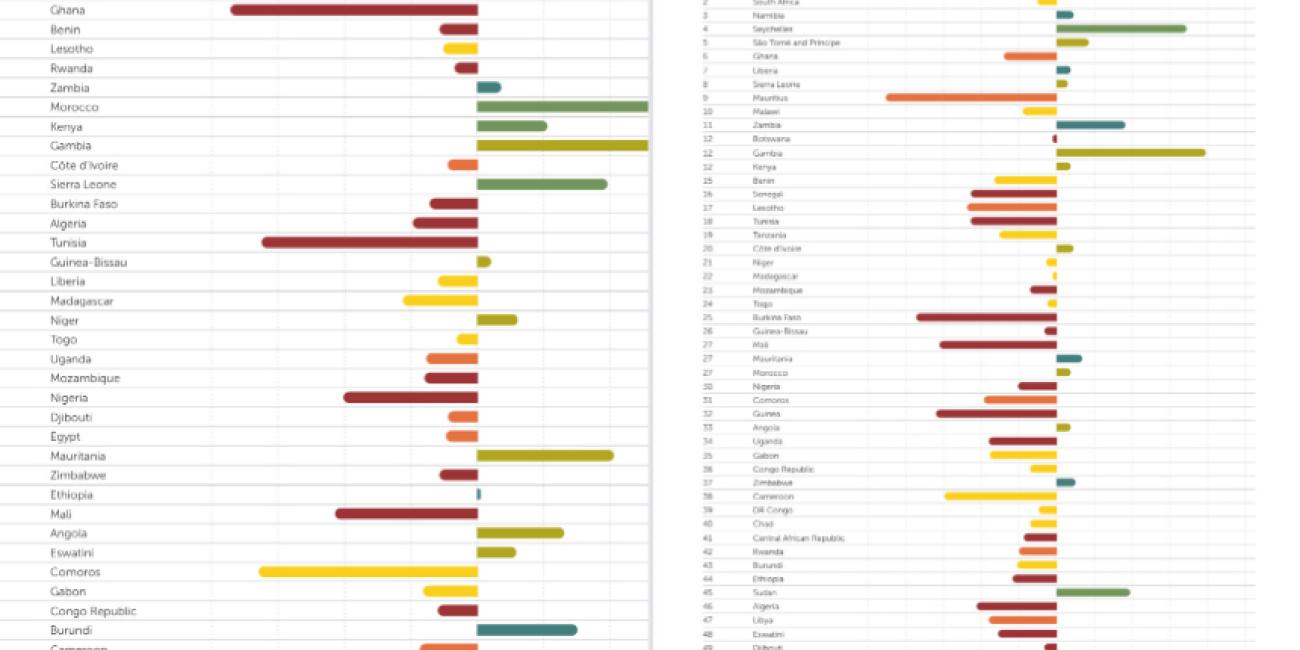Nigeria’s Struggles with Rights and Rule of Law: Insights from the 2024 Mo Ibrahim Report
In its 2024 assessment, the Mo Ibrahim Foundation has ranked Nigeria among the worst countries in Africa for respecting human rights, upholding the rule of law, and ensuring access to justice. This alarming categorization sheds light on ongoing challenges within the country’s governance and judicial systems, prompting calls for urgent reforms and greater accountability.
Understanding the Mo Ibrahim Foundation
The Mo Ibrahim Foundation is a renowned organization dedicated to fostering good governance and leadership in Africa. Each year, it publishes the Ibrahim Index of African Governance (IIAG), which evaluates countries based on criteria such as safety, rule of law, participation, and human rights. The index provides invaluable insights into the political, social, and economic conditions of African nations.
Nigeria’s Ranking: A Closer Look
In the latest report, Nigeria’s performance has drawn significant concern. The country ranks poorly across several key indicators, highlighting persistent issues such as:
- Human Rights Violations: Nigeria continues to grapple with widespread human rights abuses, including extrajudicial killings, torture, and arbitrary detentions. Various reports indicate that security forces often operate with impunity, leading to a climate of fear among citizens.
- Weak Rule of Law: The legal system in Nigeria faces numerous challenges, including corruption, delays in judicial proceedings, and lack of access to legal representation. These factors contribute to a perception of injustice and erode public confidence in the judicial system.
- Limited Access to Justice: Many Nigerians, particularly those in rural areas, struggle to access basic legal services. This barrier exacerbates social inequalities and undermines the principle of justice for all.
Political Context and Implications
Nigeria’s ranking in the Mo Ibrahim Report reflects broader political and social dynamics at play in the country. The current administration has faced criticism for its handling of security issues, economic challenges, and public dissent. Factors contributing to Nigeria’s poor standing include:
- Insurgency and Violence: The ongoing insurgency by groups such as Boko Haram and conflicts between herders and farmers have exacerbated security concerns. This violence often leads to human rights abuses, with vulnerable populations bearing the brunt of the crisis.
- Corruption: Corruption remains a significant barrier to effective governance and the rule of law in Nigeria. High-profile cases of graft and mismanagement have eroded public trust and hindered the country’s development.
- Civil Society and Activism: Despite the challenges, civil society organizations and activists continue to advocate for human rights and justice in Nigeria. Protests and movements, such as the #EndSARS campaign against police brutality, have highlighted the resilience of citizens fighting for accountability and reform.
Call for Reforms
The findings of the Mo Ibrahim Report serve as a wake-up call for Nigeria’s leaders and citizens alike. Addressing the issues identified in the report requires a multifaceted approach, including:
- Strengthening Institutions: Building strong and independent institutions is crucial for upholding the rule of law and protecting human rights. This includes reforming the police and judicial systems to enhance accountability and transparency.
- Promoting Civil Society Engagement: Encouraging active participation from civil society organizations can foster greater accountability and help hold authorities responsible for their actions.
- Addressing Corruption: Tackling corruption must be a priority for the Nigerian government. Implementing stricter anti-corruption measures and promoting transparency in governance will contribute to restoring public trust.
- Enhancing Access to Justice: Expanding access to legal resources and services, particularly for marginalized communities, is vital for ensuring that all citizens can seek justice and protection of their rights.
Conclusion
The 2024 Mo Ibrahim Report highlights the urgent need for Nigeria to confront its challenges regarding human rights, rule of law, and access to justice. As the country navigates these complex issues, the involvement of citizens, civil society, and international partners will be crucial in promoting positive change. Only through collective action and commitment to reform can Nigeria hope to improve its standing and ensure a brighter future for its people.
By addressing the concerns raised in the Mo Ibrahim Report, Nigeria can work towards a more just and equitable society where the rights of all citizens are respected and upheld.





